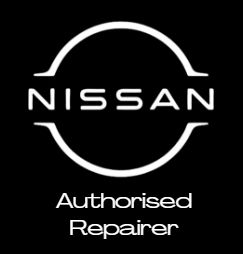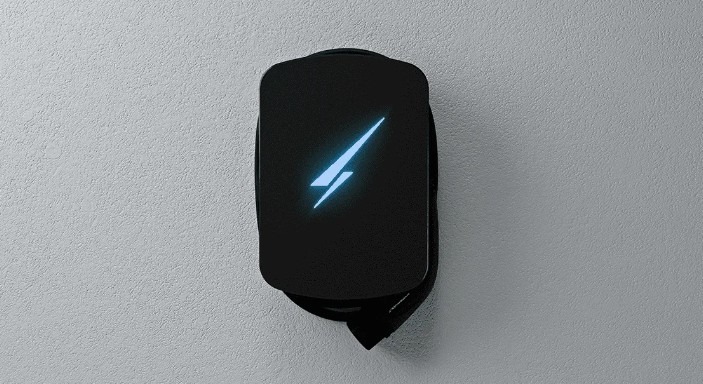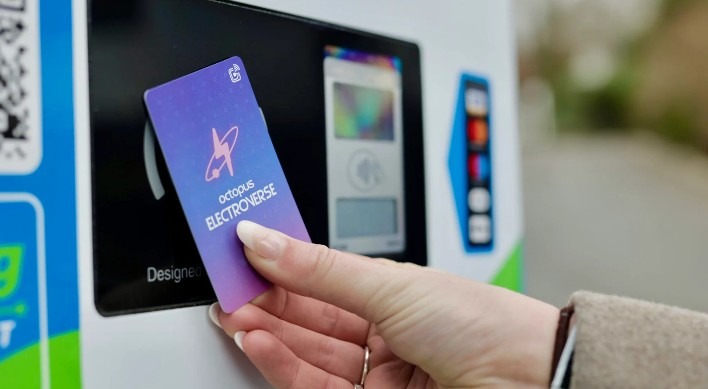Q&A and EV ‘myth buster’
However, understandably for some people, moving to electric might seem daunting. There are some unknowns, some urban-myths, and some misunderstandings around charging, range, ownership, technology and costs.
Therefore, to dispel some of the myths and provide you with the right information, we’ve a listed of some of the common questions below, that arise during EV discussions.
For anything else you’re not sure about, pop into the showroom here, our team would lobve to discuss all things with you.. ...... or ask ‘car-guy’ at work !*
*not recommended
Is charging publicly expensive?
Charging publicly can vary, but is more expensive than charging using your home tariff. For charging comparisons, utilising an EV specific overnight tariff at 7p/kWh may cost £6.02 to fully charge your BE11; whereas charging at home in the day on an average UK tariff cost of 27p/kWh, could cost £23.22 (nearly four times more expensive). Compare that to charging publicly at a motorway services which could see costs of 79p/kWh, and that charge cost could increase to £67.94 * (over ten times more expensive).
*based on 0-100% charge on Skywell BE11 86kWh Long Range version).
Like refilling a petrol/diesel car, it can vary by location, and be often more expensive at motorway services. We would recommend to utilise the public network for top ups on long journeys only, and rely upon your home charger for all other requirements. Relying solely on the public network could increase your cost of ownership.
Should I charge to 80% or 100% ?
To preserve the longevity of your high voltage battery, for regular daily users, it is normally recommended to charge only to 80% and charge to 100% occasionally. This will help preserve battery cells and recalibrate the Battery Management System (BMS)
When you charge from 80 to 100%, the charging speeds reduce and charging time increases, as the car completes a ‘balance charge’. Balance charging is necessary to ensure that the cells and modules inside the car’s battery, are regulated to the same power and enables the BMS to identify any abnormalities. Having cells imbalanced in a battery, can over time, cause running issues which might see a drop in overall range availability. Occasional balance charging is important for the longevity of the battery.
What is the difference between fast charging, rapid charging and ultra rapid charging?
Fast charging usually refers to a charger operating at typically 8-49kW of power.
Rapid charging usually refers to a charger output of 50-149kW;
Ultra-rapid charging is usually anything above 150kW.
Currently, around 20% of UK chargers offer speeds of 50kW or more.
When I charge publicly, my car doesn’t charge at the speed stated?
The Skywell BE11 is capable of accepting a maximum charging speed of 80kW.
However, charging speeds can vary depending on weather conditions, the type of charger used, availability of power from the UK grid, and battery state of charge.
For example, you may only see a charging speed of 80kW from a charger capable of charging at 300kW. That is because the car is only capable of accepting 80kW, so there is no chance of over-charging the battery cells.
Whereas, from the same 300kW charger, you may also only see charging speeds fluctuate between 40-62kW. This is because the grid is offering the charger limited power at that time.
Also bear in mind, charging capability will be reduced when the battery state of charge is below 20% or above 80%. This is to protect the condition of the cells within the battery and preserve their longevity.
The temperature is also a factor in charging. Charging can often be limited (by the charger and the vehicle) and therefore take longer in colder/freezing weather conditions.
I don’t get the stated mileage from a full charge?
As with cars powered by petrol/diesel, (and calculated by miles per gallon), it is not always possible to get the stated fuel consumption as published by the manufacturer.
Electric vehicle energy usage is calculated in miles per kilowatt, but tested in the same way, conforming to the Worldwide Harmonised Light Vehicle Test Procedure, (often referred to as WLTP), introduced in 2017 as a global testing comparison programme.
This puts all vehicle on sale through a set of standardised laboratory tests, more representative of real world driving dynamics, covering approximately 14.5 miles over 30 minutes, with a mixture of 52% urban and 48% rural road simulations, with a set ambient temperature of 23°C.
Clearly, imitating those set of parameters in everyday driving, is not always possible; and therefore what can be achieved in real life versus a test condition may not be representative. However, as all cars conform to the same WLTP tests globally, it offers owners the opportunity to use the data for comparison purposes.
Adding additional features, which may change vehicle weight or aerodynamics, may have an affect to overall range also.
Is car insurance on an EV more expensive?
Typically yes compared to petrol/diesel cars but there are a number of factors including – vehicle cost, acceleration, theft desirability, repairability and cost and availability of parts. We have worked tirelessly with insurance industry regulators Thatcham, to ensure that the BE11 gains a good score.
Are ownership costs reduced on EV’s?
Typically yes – whilst insurance may be marginally higher compared to a petrol/diesel vehicle, the reduced cost of servicing and maintenance, with the reduced costs of home charging, could see a huge saving. For example, on charging alone, based on 15,000 miles per year, an owner could save over £130 on fuel costs.*
*based on Skywell BE11 Long Range completing 15,000 miles a year using solely home charging at a rate of £0.07p/kWh vs. a petrol car completing the same mileage achieving 45mpg at a cost of fuel at £1.32p/litre.
Is the high voltage battery leased separately from the vehicle?
No, (thankfully) that’s not common practice nowadays. It’s nice and simple! The battery is included within the vehicle price and comes complete with an 8-year/155,000-mile warranty.
Why does my car need a service, if there are no engine parts to replace?
Cabin filters, key batteries and fluids (such as brake fluid and battery coolant) are essential to replace, to ensure your vehicle continues to run correctly, to preserve your safety and to ensure the vehicles longevity.
However, servicing an EV, will still usually be cheaper and often quicker than that of a petrol/diesel car.
Your Skywell Dealer will also perform a visual safety inspection checking things like brake lines and friction material, coolant pipes, and a diagnostic check to ensure you’re good to go for another 12 months or 15,000 miles – whichever occurs sooner.
I’ve seen in the press or been told by friends that electric vehicles could be more dangerous – should I be concerned?
Any vehicle that catches fire – whether petrol or electric – is a concern to its owner, the authorities and the automotive industry. It would seem, that the wider media have a stronger opinion on electric vehicles currently.
However great news – statistically, you’re safer in an EV! Fires from electric vehicles (0.0012% of total EVs on the road) actually represent a smaller percentage, than the recorded 0.10% chance of a petrol or diesel vehicle fire.
Still got some questions??? Take a look at our little book of EV Myths The Little Book of EV Myths - JS Holmes, Wisbech, Cambridgeshire







